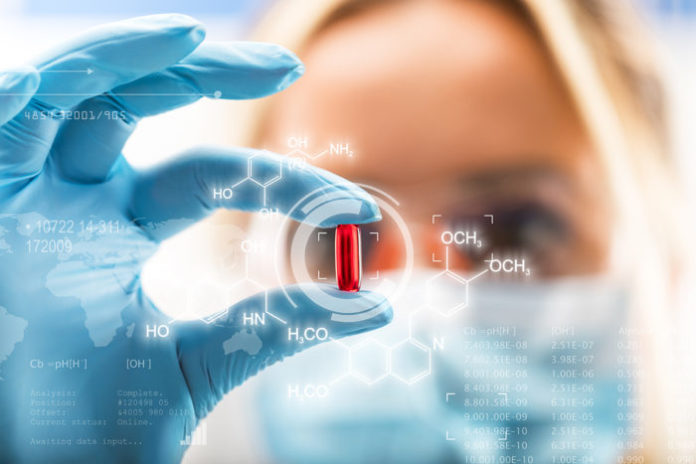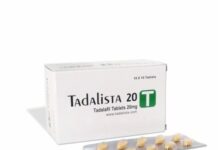A contract or clinical research organization provides support to various industries from pharmaceuticals and medical devices to biotechnology companies involved in food and cosmetics. In 2013, 1100+ organizations were offering CRO services in the world, and by the year 2020, the industry is poised for year-on-year growth at the rate of 12%. So, in another one year, the industry is going to have a value of $44 billion, and the pharma industry is increasingly shifting its operating model from ‘inhouse capabilities’ to using ‘outsourced resources’.
The pharma industry, while focusing on identifying an effective medium or ingredient to deal with diseases and disorders, outsources its research to CROs with the affinity and acumen to conduct tests and assays based on their scientific requirements. Here are some of the different ways a clinical or contract research organization assists the pharmaceutical industry in new drug development –
1. Offers a bouquet of CRO services
A drug becomes ready for market after it has repeatedly undergone multiple tests. For example, CROs provide a range of bioanalysis services for drug development including
- Method Development, Validation, and Transfer – allows scientists to identify and quantitate analytes in biological fluids.
- Liquid Chromatography Mass Spectrometry – enables high throughput and sensitive bioanalysis for synthesized inorganic compounds and complex biological matrixes.
- Clinical Pharmacokinetics Studies – provides the basis for ADME to evaluate characteristics and success potential of a drug candidate
- Data Metabolism and Pharmacokinetics – deals with the in-vitro efficacy and safety of a drug compound before clinical trials
- Bioanalytical Assay – analyzes drugs and biomarkers to generate robust data for supporting drug development
- Toxicokinetics Studies – are an extension of PK studies conducted to evaluate the changes in toxicity of a drug compound with a higher increased dosage
- Analytical Testing Services – help quantitate analyte in biological matrices to generate high integrity customer data
- Clinical Trial Sample Management – is necessary to maintain a chain of custody to ensure regulatory compliance
2. A good CRO provides preclinical & clinical services
Once a drug compound has been tested in the laboratory tubes, the focus then shifts to animal studies and clinical trials with human volunteers. Preclinical and clinical testing is a risk assessment process which identifies and tests the impact of the compound on animals and humans, respectively. No pharma company can release drugs in the market without completion of these trials, and CRO services are geared to offer accuracy and precision of results to the highest degree possible.
3. Follow regulatory protocols
The Food and Drug Administration has laid down guidelines for regulatory compliances and Good Laboratory Practices. GLP is a quality control system wherein experts from a clinical or contract research organizations follow thorough protocols to ensure a high-level of consistency, reproducibility, integrity, uniformity, and quality throughout the different drug development phases. Both GLP and the ICH guidelines ensure reliable data back the drug research, allowing the pharma company to know whether the drug is ready for the broader market or not.
4. Reduced Costs
One of the many reasons for the shift to ‘outsource’ research and testing is, of course, reduced expenses as the pharma companies can reduce the burden of buying the latest equipment, or timely and efficient management of the protocols and processes related to superior drug testing. Thus, outsourced bioanalytical services optimize sponsor costs and resources through enhanced flexibility and quick turnaround.







